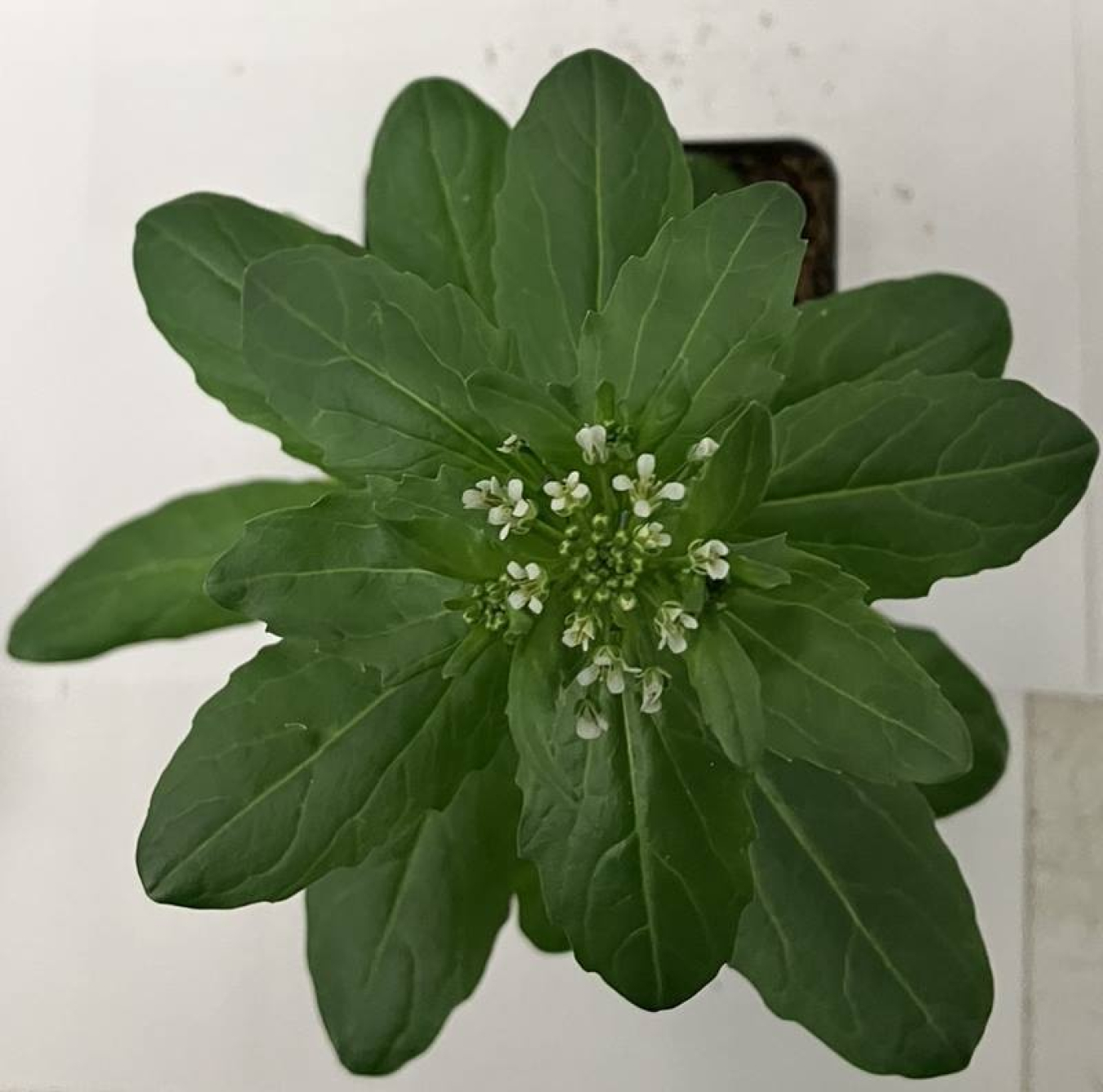Unlocking Water Lily Hybridization: Scientists Decode Key Molecular Barrier
Chinese Academy of SciencesHybridizing tropical and hardy water lilies holds great potential for creating new varieties with both cold tolerance and vibrant colors. However, prefertilization barriers between different subgenera have severely limited breeding success. A new study uncovers that the NpCIPK6–NpSnRK1–NpNCED2 molecular module in water lily stigmas interferes with abscisic acid (ABA) synthesis, leading to reactive oxygen species (ROS) accumulation that blocks incompatible pollen germination. By elucidating this cellular signaling pathway, the research provides crucial insights into overcoming reproductive barriers in water lilies and offers a conceptual framework that could enhance breeding efficiency and expand the genetic diversity of ornamental aquatic plants.



















